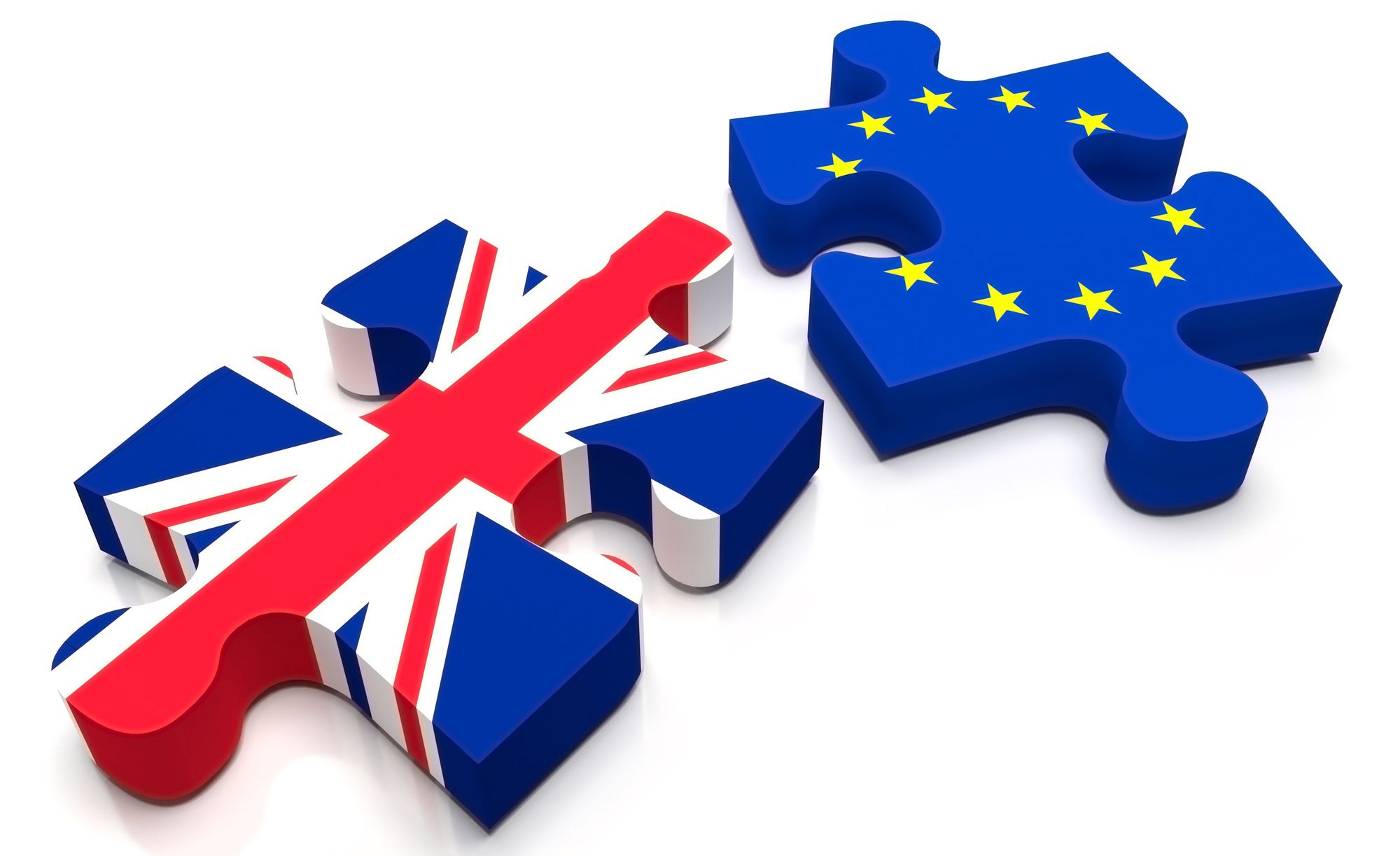The wider impact of Brexit
What does this mean for the rest of us?

It has finally happened. In a landmark referendum a fortnight ago, the United Kingdom voted to leave the European Union — a politico-economic union of 28 countries (well, 27 now) — which was formed and evolved in the aftermath of the Second World War and was seen as a way to curb the fervent nationalism that had taken hold on the continent.
The guiding principle of the EU has been the freedom of movement — of goods, people, capital and services. There has been suspicion of the EU and its intentions in the UK from before and talks about leaving the EU have been doing the rounds from quite some time now. It must be noted that the UK was never completely a part of the trade union — as it used its own currency, the pound (£), instead of the common currency of the EU, the euro (€).
The Announcement
When David Cameron announced that a referendum would take place on whether the UK should leave the EU, much of the talk was how it wouldn't happen and that it would all be fine in the end and the UK would vote to remain a part of the EU — much like Scotland's referendum where it narrowly voted to remain a part of the United Kingdom. Many industry experts and leaders felt that ultimately "Remain" would emerge victorious and the status quo would prevail.
"Leave" gains steam
However, as the months passed, some vicious campaigning by the "Leave" side led to a rise in the poll numbers for a Brexit to happen. People's fears were played upon, and racial and xenophobic slurs were thrown around. It is the same kind of pandering that the presumptive Republican presidential nominee, Donald J. Trump has been using on his campaign trail.
It is generally assumed that people are inherently "good" — that they always wish well for themselves and the rest. I would also go as far and say that one of the reasons democracies have been so popular is this very assumption that people are inherently good and that as a collective, they would choose the best possible outcome regardless of individual differences. It was also something I believed in to an extent but my belief in this has steadily been eroding over the past few years as I take stock of various political developments.
Aspersions on democracy
The Brexit vote has made me cast aspersions on the system of democracy we currently use. While I still believe that democracy by itself is one of the best ways of governance we have, the real problem is lack of information and transparency. If you want the people to make a decision, you need them to make an informed decision. But when you peddle wrong and misleading information, like saying the UK gives the EU £ 350 million every week when it is actually far less than that and the implicit reward reaped by the UK far outstrips it, it is natural that the people get angered over what is essentially a non-issue. The decision-making capacity of the citizen is being blinded by mistruths broadcast by power-hungry and drama-inducing politicians.
A dangerous precedent is being set due to such developments. We are being drawn back to fervent and misguided nationalism with xenophobic tendencies. While not perfect, a globalized world with open (but with reasonable restrictions) borders and trade is definitely more advantageous than closed-off economies. And especially in the case of Europe, the open border model followed by them definitely made sense in my opinion given how small each country is. There are whole countries which are bigger than Europe (even more so if you exclude European Russia).
Financial implications
While many of the "Leave" campaigners pooh-poohed the implications on the financial markets, the struggle is real. Concerns are not just short-term. Developments in the short term will affect the long-term structure and makeup of the world economy. With the UK being such a powerful economy, any shocks on it could potentially have global effects. It has been widely reported that the Bank of England might have to reluctantly undertake quantitative easing once again to stabilize the economy. Quantitative easing is something which we don't completely understand yet and has unknown macroeconomic effects — effects which will take a few more years to be shown. In such a volatile and unsure economy, Brexit could potentially tip the scales in the wrong direction.
It is also unclear how UK citizens working in the EU would be affected by this. New trade and labor agreements would have to be drawn and the EU led by Germany has looked increasingly hesitant to come to any compromise. There is definitely a sense of anger and betrayal in the air from a European perspective and that's understandable.
A wake-up call?
The success of the UKIP in engineering a Brexit vote and the rise of a certain businessman named Donald shows how society as a whole is being led down the wrong path. The future for the human race really doesn't look bright with such kind of "leadership". We need to sit back and take notice of the path we want to take. Irrespective of which ideology you support, I am sure you will agree that one based on fear and racism is definitely not the way forward.
The Brexit vote raises more questions than answers, but it is time we analyze the situation at hand and take it as a wakeup call. Massive restructuring is needed — from an economic, political and social angle. We can do this.
It is time for the human race to come together and rise together.
